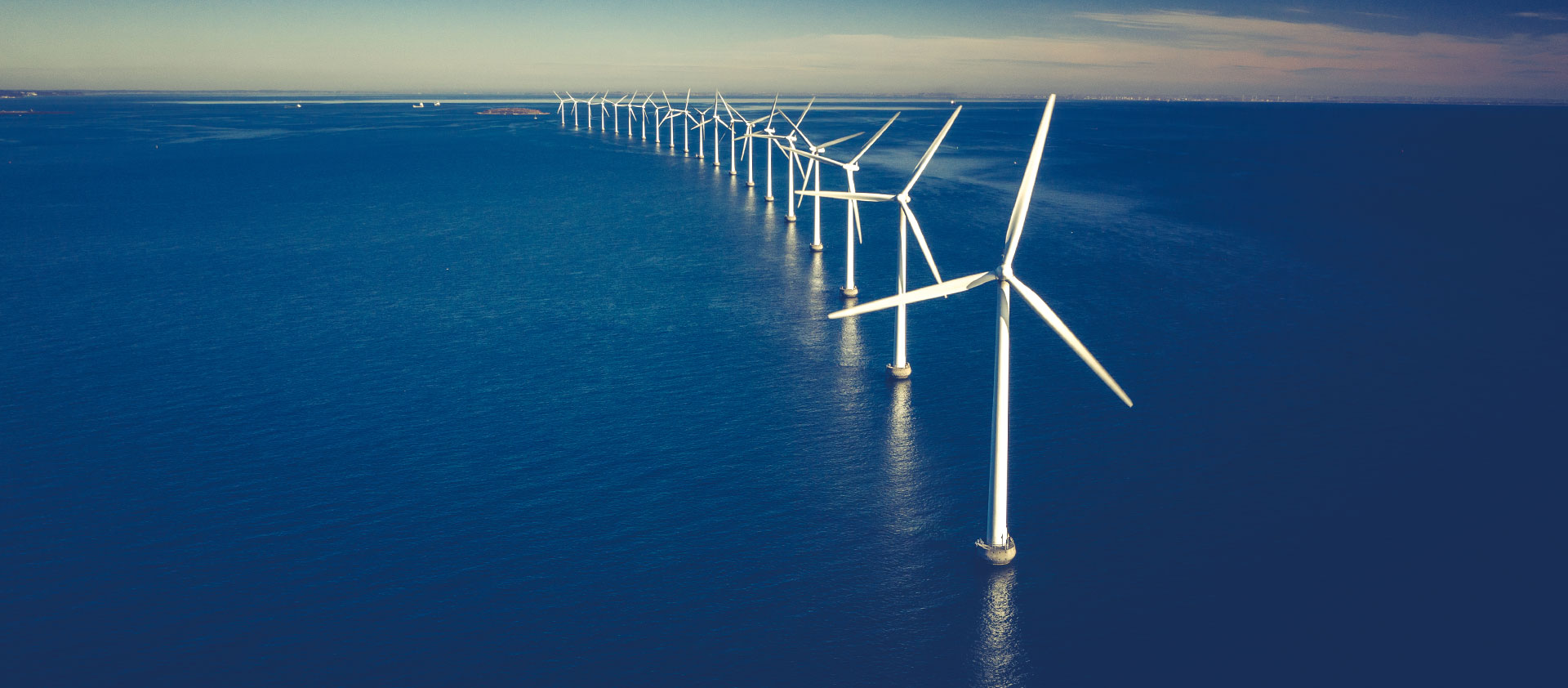Electricity/electrification
AER AGL Aluminium Batteries Battery Budget BYD CATL CBAM China Coal Critical minerals Decarbonisation DMO Election Electric Vehicle Electricity/electrification Energy crisis Federal Election Finance Sector & Emissions gas Green Iron/Steel Hydrogen India & Adani Nuclear offshore wind Oil OP EDS Peter Dutton Podcasts Renewables Solar Tariff Taxes and subsidies US IRA/EU NZIA et al Wind
The solar rush: A planet-wide solar boom has been beating expectations at every turn. And it’s only just the beginning.
ABC online
Halfway there: Australia on track for renewable goal
Michael West Media
Battery storage key to nailing renewable energy target of 82% by 2030: report
PV Magazine
“Tidal wave” of big batteries and record solar and wind put 2030 renewables target within reach
Renew Economy
Investors “not interested” in nuclear
FS Sustainability
Australia’s renewable energy leaders address the orange elephant in the room
Capital Brief
Mining Weekly | IMARC 2024: Australia’s green industry aims on a knife’s edge
___
Startup Daily | Climate Energy Finance’s Tim Buckley headlines Climate Salad’s annual climate tech investor showcase
___
Xinhua | China leads decarbonization through international cooperation: expert
___
Business Upturn | China’s global decarbonization drive: leading the renewable energy revolution
___
